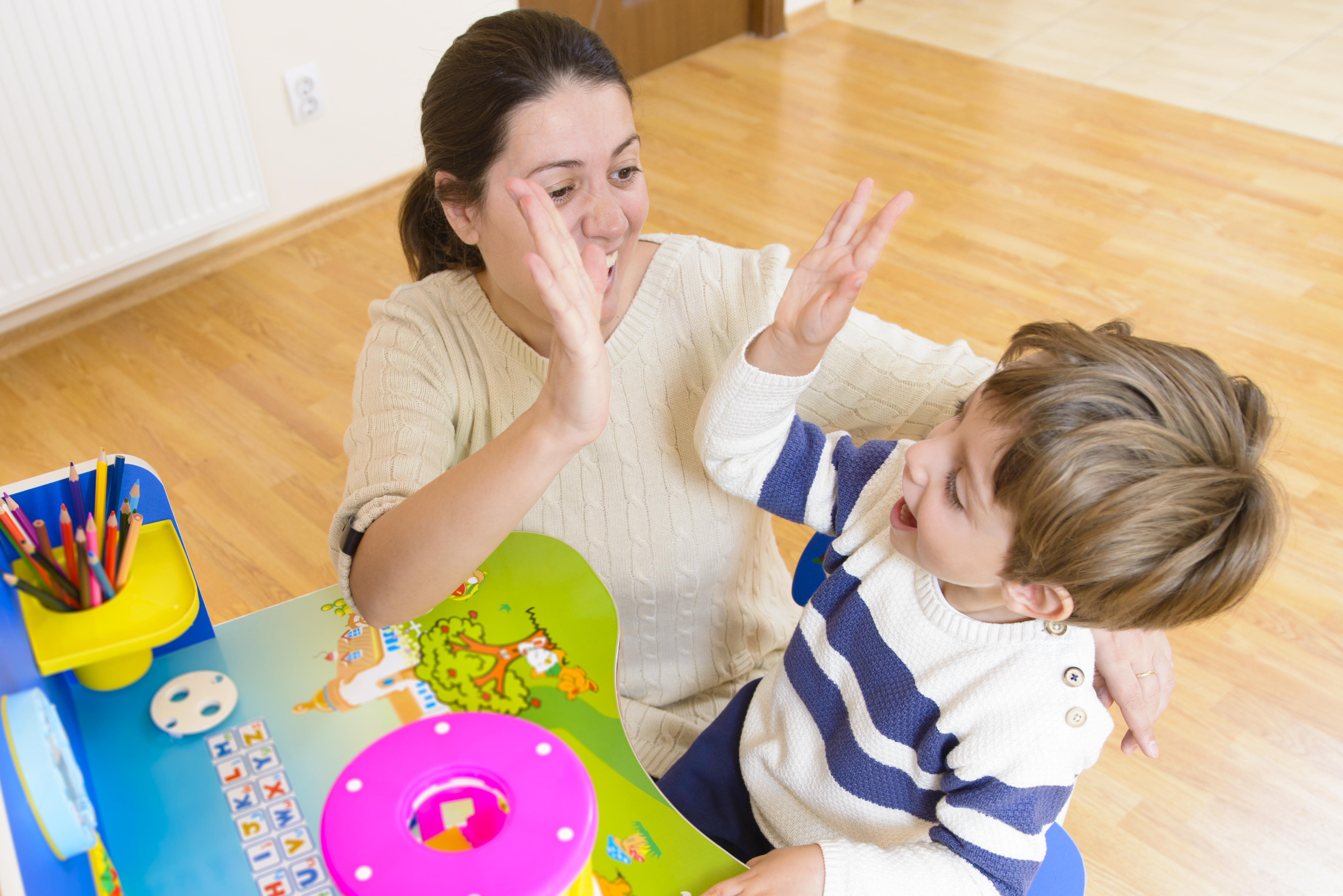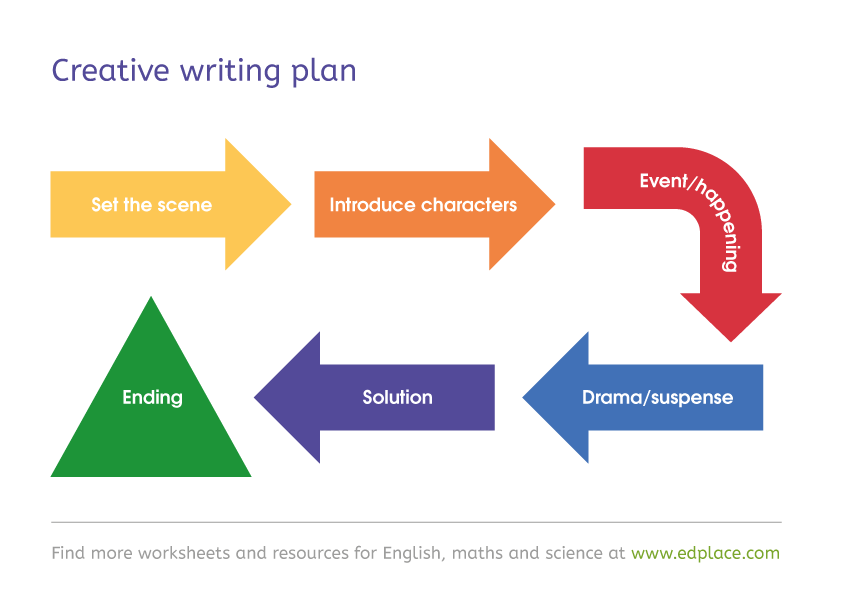Why does home education benefit the SEND (Special Educational Needs & Disabilities) child?
By Jennifer Hemmings - 2Cool4School
Every child, in my opinion, is special and every child has their own individual way of learning and unique understanding of the world. This is why home education can be so beneficial; it tailors the education specifically to the individual child. For those parents who can afford the time and resources to do so, educating a special needs child at home is an incredibly positive and advantageous choice. Home education allows children with special needs to be in an environment in which they are comfortable, supported and loved; it also avoids many obstacles that they would face in a traditional classroom. When it comes to children with any SEN or disability, sometimes a parent who understands their needs is the only one who can teach the child, effectively.
Children with SEND may have learning delays, behaviour challenges, sensory issues or physical difficulties and they may find it difficult to progress in the traditional school environment. In supporting many home educators, I have seen that many families find that children, with whatever difficulty they may have, progress significantly better in the home environment than they did or would in school.

Benefits of Home educating a child with SEND
Flexibility
-
Working at the child’s pace not feeling pressured to keep up with other children, being able to spend as long as is necessary to understand a particular subject/topic. No pressure to meet school targets or take SATs tests.
- Flexibility in your schedule or calendar – have a break when you want or need it (children with special needs may struggle to maintain focus or need regular breaks), take holidays when it is cheaper and quieter (often a bonus for SEND children). This includes toilet breaks – a basic human need and important for some children to be able to go as and when they need to, not when it is convenient for others. Home educating allows you and your child to work out which time of day they are at their best to study. (Neither of my children are morning people and neither am I, so we tend to study in the afternoon or evening).
- Comfort & Flexibility to move – Some children need freedom to move around and struggle to sit still, some like to have plenty of space or like to sit in a certain way– the home educating environment can be tailored to your child’s needs and comfort. This includes heating and lighting; some children are overly sensitive to light, heat and noise changes – this can be much better controlled in the home environment. You can create that sensory-friendly learning environment that suits your family.
- Alternative Educational Approaches – Home educating allows you the freedom to tailor a curriculum to your child and his/her needs and try out many different learning strategies. You can include subjects and topics that your child is particularly interested in, drop subjects that you don’t feel are relevant, introduce learning that isn’t available in school (such as Mindfulness) and make learning more fun – involve more life skills or get outdoors. If your child has unique talents, but struggles with other subjects, you can restore the balance and allow them to flourish by choosing subjects which suit them.
Personalised
- One-to-One individualised teaching – allowing the focus to be on the individual child and what they need to progress; the freedom for the child to learn in a way that suits them, not competing for attention with a class full of other children. This also allows you to focus on the child’s strengths and abilities, rather than on what they struggle with. Children feel able to openly share their opinion without embarrassment or fear of being wrong. (My kids work in completely diverse ways to one another, so this is accommodated into their learning; they often study separately and need their learning materials prepared in different ways).
EdPlace have lots of adaptable, printable and supportive resources to guide your child's activities. Visit our SEND hub to download your chosen worksheets - we even have videos that show you how to use them!
Comfort
- Special accommodations – being in the home environment means that the child may use whatever is necessary to aid and improve their learning. If they have writing difficulties, for example, they can use tablets, laptops and special keyboards and can use them when it suits them. Children can use fidget aids, listen to the radio or have complete silence – tailoring the environment to their needs makes them more comfortable and ready to learn.
- Home education doesn’t involve the daily school schedule of getting up early, getting ready, long bus rides or the school run which can be particularly challenging for some children.
For specific advice and resources, click on the diagnosis tabs below
Dyslexia ADHD/ADD Autism APD Anxiety Dyspraxia / DCD Visual Stress
Well-Being
- Attachment – Many children with SEND have particular difficulty in being away from their parent or feel more anxious and unsettled in the classroom environment. Home Education allows the child to maintain that bond and feel safe and secure whilst learning. (One thing we always make time for in our home ed is hugs – the kids can have one any time.) The parent-child bond often means the parent knows the child’s limits, understands their triggers and knows how much to push their progress. Home education promotes strong family relationships and, for us, a unique sense of family 'togetherness'.
- Mental Health – Home Education can be extremely beneficial for mental health not only because it allows the flexibility to learn about mental health and how it is just as important as physical health, but, because home educating allows and encourages self-esteem to be built; for time-out to be taken when needed (even just for a walk, a bath, or a hug), for the child to work on their own self-improvement in their own way. Importantly, it also reduces the likelihood of bullying and exam pressure but also allows the child to express themselves and not feel they must conform. Anxiety disorders have a huge effect on the quality of life of young people, leaving many feeling isolated and depressed. Such disorders can often be much more readily dealt with at home, in an environment where the child feels safe and relaxed enough to be able to learn. Often, mental health difficulties lead children to drop out of school. Being educated at home means they are more likely to stay in education and progress further. Being able to focus on mental health at home and spend time dealing with and improving a particular issue is an enormous benefit. Parents can address issues first before focussing on education because, essentially, if a child is struggling with mental health, they are unlikely to be able to focus on learning. In our house, we take mental health days where we purely focus on the mind and how we feel.
Interaction
- A wealth of socialisation opportunities – not only do home educated kids get to meet up together through local groups for sports activities, art classes, youth club, swimming and many, many more but also they are often out and about with their parents meeting the postman, the shop keeper, the bank staff etc. They are getting to see daily life in the community, rather than being cooped up in one place all day. In our family, we often use shopping trips, errands and bank visits as learning opportunities, and I find that it teaches the kids about the community around them and increases their confidence within it. Also, home ed children tend to have more diverse friendships because they are not limited to one age group, class or school. Many outings are organised which involve accommodations for SEND children, inclusive clubs and groups are organised or sensory-sensitive events.
Resources
- Changes in technology - have made it easier to teach outside of the house or classroom. Home education allows these technologies to be utilised to their best. Children have a huge amount of information, technology and resources available to them. For some families, being at home means the children can use and learn from technology. Online learning platforms, such as Edplace offer education as well as support and advice and have been invaluable to our home education journey.
Try EdPlace worksheets for free here
- Finally – enjoyment – Home education can be great fun. There are so many enjoyable, interesting and fascinating things to learn and ways to learn. Doing this as a family and sharing and capturing all of those magical moments is invaluable.












